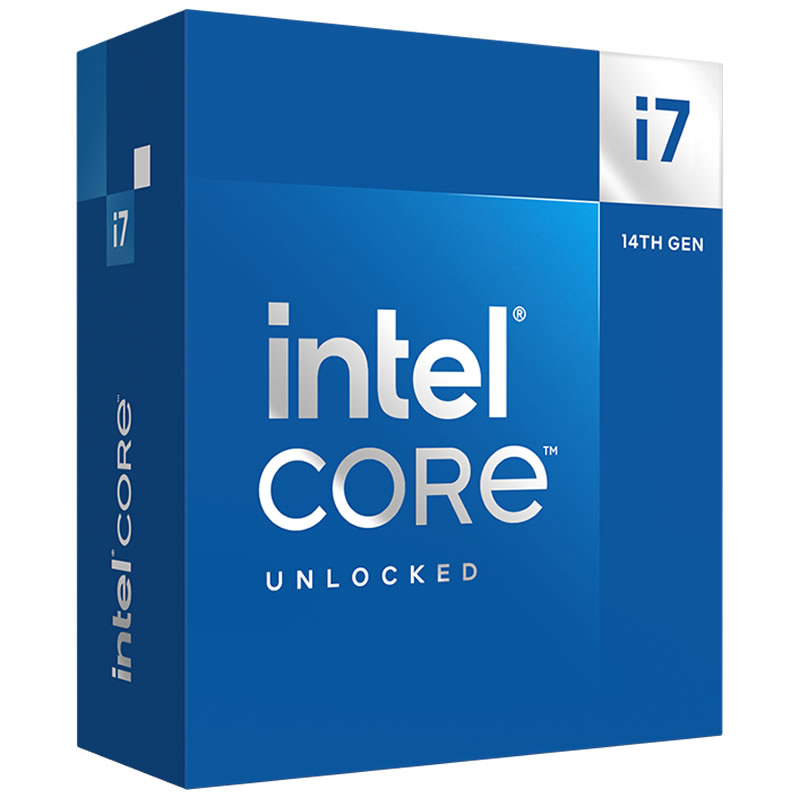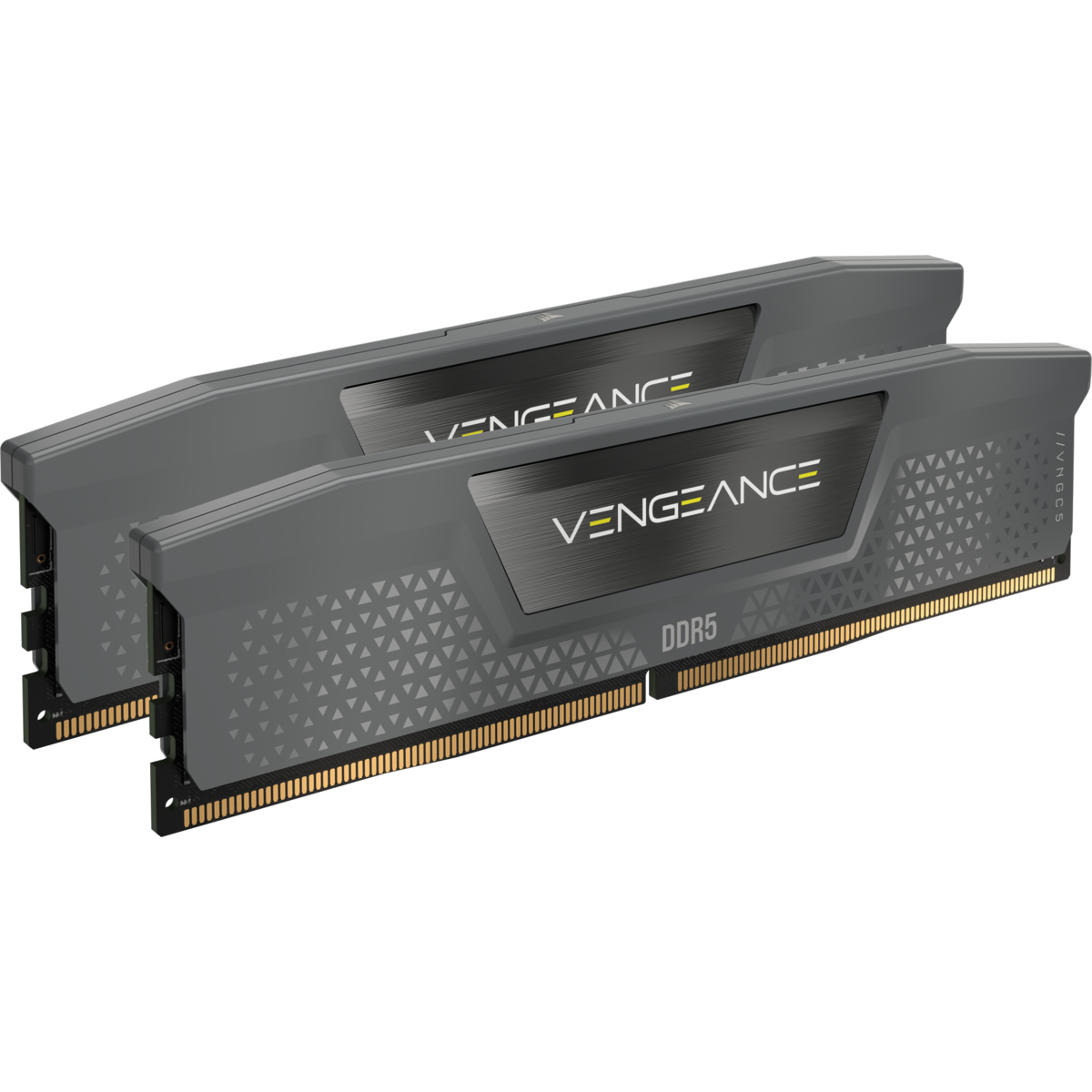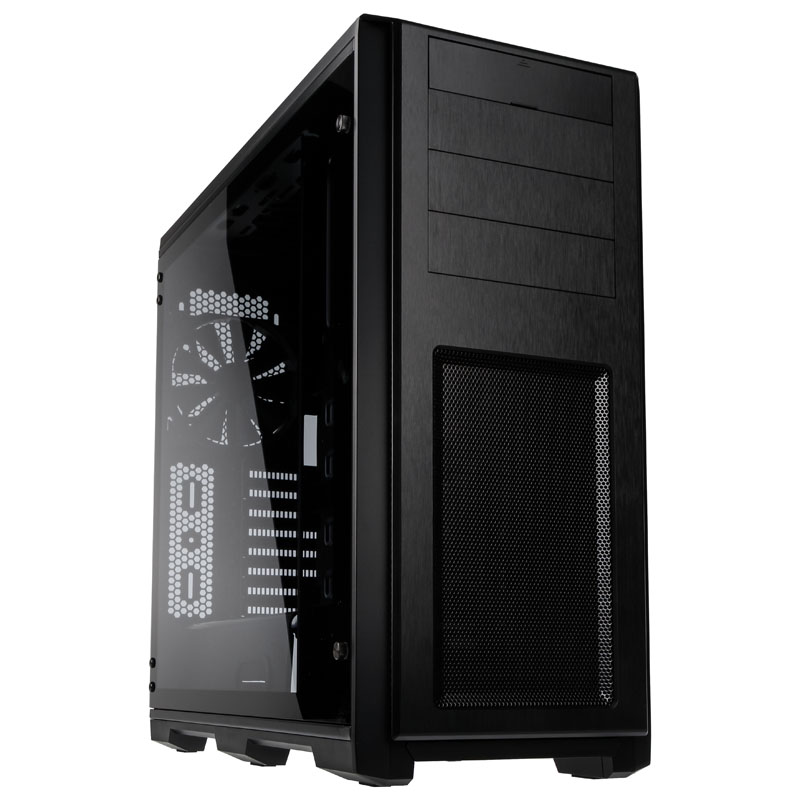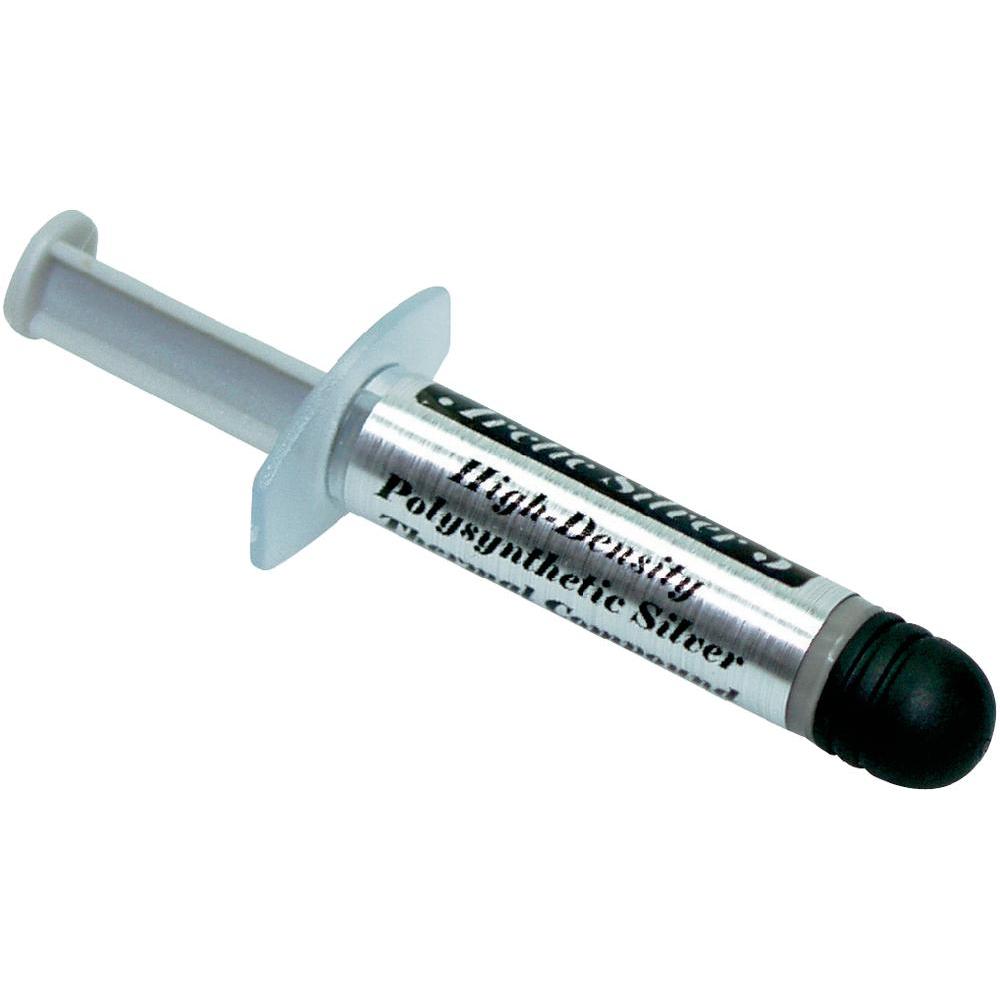Associate
- Joined
- 6 Apr 2009
- Posts
- 67
- Location
- Exeter, Uk
Hi how's it going?
I posted earlier this year about putting a new pc build together (New PC Build) (not sure if I should have bumped or posted a new thread so please reply on either) and going to put the order in this week.
So just checking this build is still the one to go for? Also noticed the Crucial P5 SSD is no longer available so a good replacement option would be great..
My basket at OcUK:
Thanks!
I posted earlier this year about putting a new pc build together (New PC Build) (not sure if I should have bumped or posted a new thread so please reply on either) and going to put the order in this week.
So just checking this build is still the one to go for? Also noticed the Crucial P5 SSD is no longer available so a good replacement option would be great..
- 1 x Crucial P5 Plus 2TB M.2 2280 PCI-e 4.0 x4 3D NAND NVMe Solid State Drive (SKU: HD-075-CR) = £114.95
My basket at OcUK:
- 1 x Intel Core i7-14700K (Raptor Lake-S) Socket LGA1700 Processor - Retail (SKU: PRO-INT-00800) = £359.99
- 1 x Gigabyte Z790 Aorus Elite AX (LGA 1700) DDR5 ATX Motherboard (SKU: MB-5BK-GI) = £214.99
- 1 x Corsair Vengeance EXPO 32GB (2X16GB) DDR5 PC5-41600C40 5200MHz Dual Channel Kit - Black (CMK32GX5M2B5200Z40) (SKU: MY-4DP-CS) = £89.99
- 1 x MSI GeForce RTX 3060 Ventus 2X OC 12GB GDDR6 PCI-Express Graphics Card (SKU: GX-374-MS) = £248.99
- 1 x Crucial P3 1TB M.2 2280 PCI-e 3.0 NVMe Solid State Drive (SKU: HD-077-CR) = £71.98
- 1 x WD 2TB Blue HDD 5400rpm 64MB Cache Internal Hard Drive (WD20EARZ) (SKU: STO-WDC-01659) = £59.99
- 1 x Phanteks Enthoo Pro Glass Midi Tower Case - Black (SKU: CA-075-PT) = £124.98
- 1 x Asus Blu-Ray Combo 12x SATA BDXL & M-Disc Support Cyberlink Power2Go 8 - Retail (SKU: CD-064-AS) = £66.95
- 1 x be quiet! Pure Loop 2 FX 240 ARGB High Performance CPU Water Cooler - 240mm (SKU: HS-024-BQ) = £109.99
- 1 x DeepCool LS520 All In One Black CPU Water Cooler - 240mm (SKU: HS-01W-DC) = £109.99
- 1 x Arctic Silver 5 Thermal Compound (3.5g) (SKU: AC-000-AC) = £8.00
Total: £1,465.84 (includes delivery: £0.00)
Thanks!
SAVE 19%

£420
(incl. VAT)
£339
(incl. VAT)

£400
(incl. VAT)

£80
(incl. VAT)



